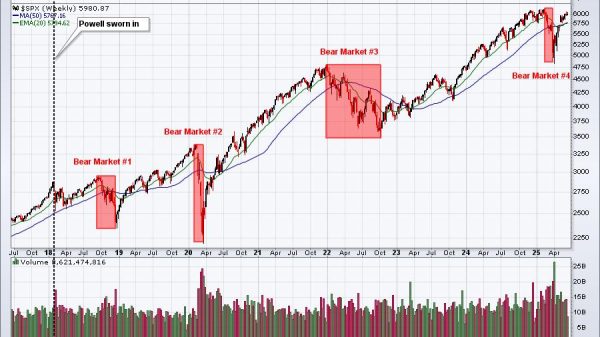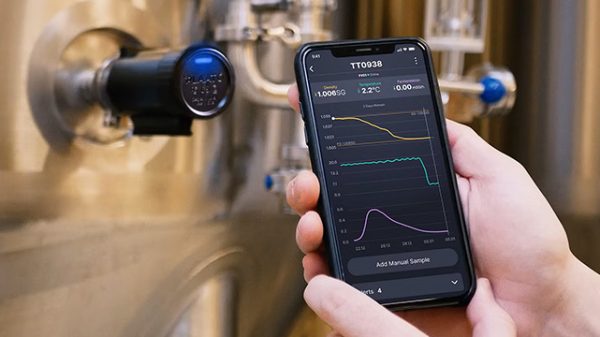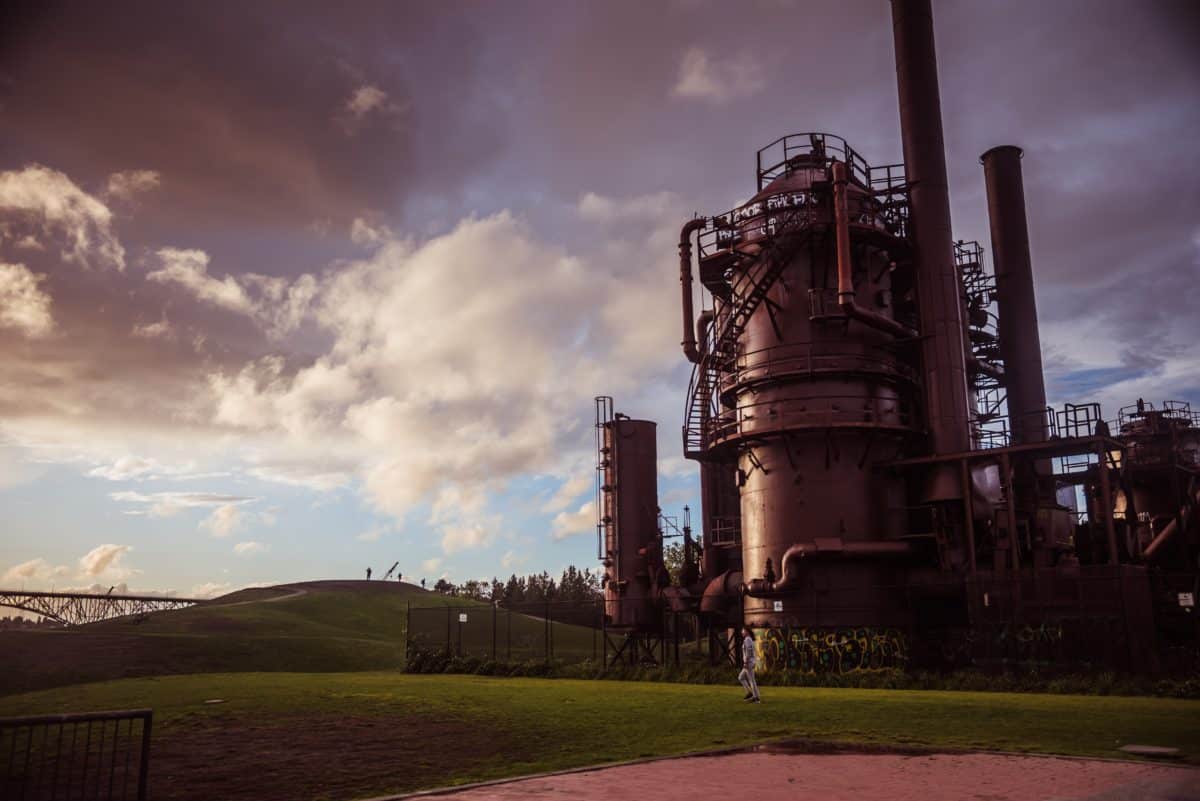Groningen Gas Field: A Remarkable Chapter in Gas Extraction
The Groningen Gas Field, nestled in the northern plains of the Netherlands, has long been an emblematic presence on the global energy landscape. This massive reservoir, once Europe’s largest natural gas field, has been instrumental in heating homes and fueling industries across the continent for decades. However, its journey has been far from uneventful. In recent years, concerns over seismic activity and environmental sustainability have triggered a revaluation of the field’s role.
This article delves into the history of the Groningen Gas Field, explores the concept of “fast gas,” and offers insights into gas price comparisons and predictions.
A Rich History of Gas Extraction
The Groningen Gas Field was discovered in 1959, heralding an era of energy abundance in Europe. For years, it played a pivotal role in meeting the energy demands of both the Netherlands and neighbouring countries. The field’s vast reserves ensured a steady supply of natural gas, contributing significantly to the region’s economic prosperity. However, its success came at a cost.
The highest court in the Netherlands rendered its judgment on Wednesday. Effectively dismissing any claims against the government’s recent decision to permit minimal gas production at the Groningen field for the current year, even in the face of seismic risks.
In a carefully considered ruling, the court affirmed that the government had taken into serious account the paramount safety concerns associated with the gas field. It led to the prudent decision to limit production to 2.8 billion cubic meters (bcm) throughout the year, with this restriction in effect until October 1, 2023.
Gas Price Comparison: A Shifting Landscape
The reduction in gas extraction from Groningen has had a noticeable impact on gas prices across Europe. Gas once flowing abundantly from this field is now being replaced by imports and alternative sources. Consequently, gas price comparisons reveal an evolving landscape. Countries that heavily relied on Groningen gas are now diversifying their sources, affecting gas pricing dynamics.
It’s essential to note that the government had previously declared its intention to cease all gas production activities at the Groningen field post-October 1, 2023. However, this declaration included a caveat – the possibility of extracting limited quantities of gas under extraordinary circumstances in the forthcoming year.
As Europe adapts to a post-Groningen era, gas price predictions are uncertain. The reduction in domestic production has led to increased reliance on imports, which are subject to geopolitical tensions and market fluctuations. Factors like weather patterns, global energy demands, and political decisions further complicate price forecasts. Businesses and consumers alike are bracing for a future where the stability of gas prices can no longer be taken for granted.
Navigating the Intersection of Energy, Environment, and Economics for a Sustainable Future
In the Groningen Gas Field story, we witness the intricate relationship between energy production, environmental concerns, and economic repercussions. While the field’s role in Europe’s energy supply may be waning, its legacy as a symbol of both prosperity and adversity endures.
The court’s validation of the government’s cautious gas production approach acknowledges the need to ensure short-term energy needs without compromising long-term safety and sustainability goals. As the Netherlands looks ahead to a future beyond its reliance on this iconic gas field, the lessons learned will undoubtedly shape its journey towards a more resilient and greener energy landscape.
As we navigate the shifting tides of the energy market, the lessons learned from Groningen serve as a poignant reminder of the need for sustainable energy practices and the ever-present importance of gas price comparison and gas price predictions. In this evolving energy landscape, the Groningen Gas Field’s history shapes the future.
The post Groningen Gas Field: A Remarkable Chapter in Gas Extraction appeared first on FinanceBrokerage.

























